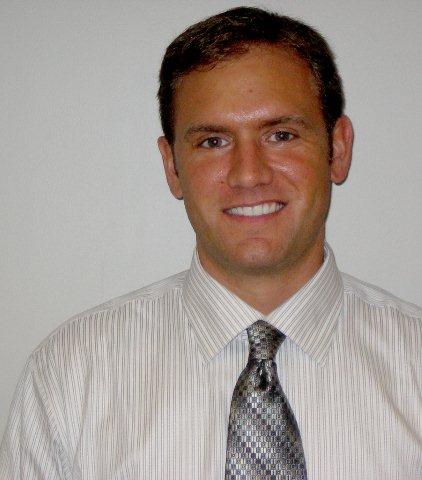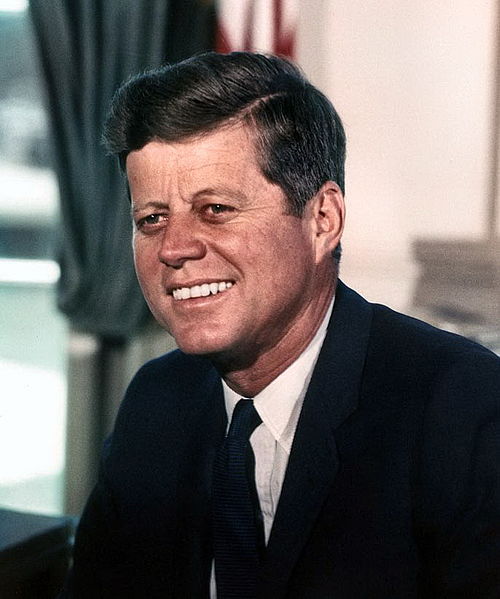What I’ve Learned As A Spokesperson: Justin Cole
Editor’s Note: This is the fourth in an ongoing series of readers sharing what they’ve learned as media spokespersons. Click here to learn more about how to submit your own piece for the “What I’ve Learned as a Media Spokesperson” series. Today’s post comes from Justin Cole, a senior communications analyst for Vox Optima, a national telework public relations company.
For most people, being a spokesperson is not a natural skill. It takes practice, preparation and careful consideration. But it has always been my experience that when a culture of communication is part of an organization’s mindset, its members will be ready to seize any media opportunities when they arise.
Mindless talking heads spouting out communication rhetoric doesn’t cut it. When speaking with the media, the best results come from prepared communicators. People who think about being on the record every day, in every encounter, with employees, constituents, customers, and, of course, the media, are the ones who succeed.
When a crisis happens to an organization other than your own, practice what you would say if you found yourself in their situation. Communication is like a sport – if you don’t practice it every day, you won’t hit a home run in the bottom of the ninth inning when you need it the most.
Let me explain.
Throughout my career as a media spokesman, and later as media relations trainer, I lived and died by the Golden Rules of Media Relations:
- “No comment” never, ever works. Don’t use it. You might as well admit to the Kennedy assassination while you’re at it, because you look guilty. And scared. And neither one is a good thing to be in our line of work.
- A yes or no question never gets a yes or no answer. Each question you receive is an opportunity to tell your story; never pass up an opportunity to tell your story!
As I took off my spokesperson training wheels, I developed a couple of rules of my own that I now use when mentoring senior executives and company spokespeople:
-
-
-
- Prepare three key messages you’d want to communicate with 30 seconds of free, prime-time network TV airtime. Practice your elevator speech!
- Reporters are not your friends. Don’t let today’s friendly conversation become tomorrow’s headline. Remember, you’re always on the record!

No comment has the same effect as admitting to the Kennedy assassination, argues Cole
Every leader or professional communicator should have three key messages in their hip pocket every day. Armed with those, communication opportunities will appear all over the place. Add in some practice and you’re prepared for a successful scheduled or spur-of-the-moment media interview.
Practice is the only way to stay off of Brad’s wonderful “best media disasters of …” posts.
Don’t be afraid of bad news. Open, honest, and forthright information at the earliest opportunity is the quickest way to establish yourself as a credible and knowledgeable source. With today’s instantaneous news media, preparation for media events should now be a regular part of your day. With the proper prep work, your messages will be clear, promote support for the issue you are representing, and deliver a ‘win’ for everyone in the organization.
Justin Cole, a senior communications analyst for the public relations company Vox Optima, has more than 10 years of expertise in defense industry, international and national public relations consulting, crisis and strategic communication planning, media relations, media training, and reputation and branding management. Justin can be reached by email at justin.cole@voxoptima.com.
Submit your own article for the “What I’ve Learned as a Spokesperson” series! Details here.
-
-


Justin,
Great tips here – I especially like your 3 talking points in your back pocket suggestion. It’s one I use and advise my clients to have on a regular basis. Sadly, few remember it when in front of a camera or with a reporter, choosing instead to be led down the path of ‘what sells’. The lesson there? Practice, practice, practice until it becomes second nature. That’s the only thing that keeps you off Brad’s list! 😉
Best,
Erica Allison
Erica – Thanks very much for your comment. I agree that Justin’s advice to remember three talking points is critical, and it has applications far outside the media, as well (donor meetings, conversations with influencers at professional mixers, etc.)
As for my list, well, I hope I’m not terrifying all of you! 🙂
Thanks for reading and commenting,
Brad